
The VW Golf is 50 years old in 2024. Originally intended to be an update and replacement for the beloved VW Beetle, the Golf ended up as an icon in its own right, the epitome of the forward-thinking, compact family car ethos that once underpinned Volkswagen. Through eight generations, the Golf has tracked developments in technology and cultural trends, growing ever larger and more sophisticated.
VW Golf in 2024
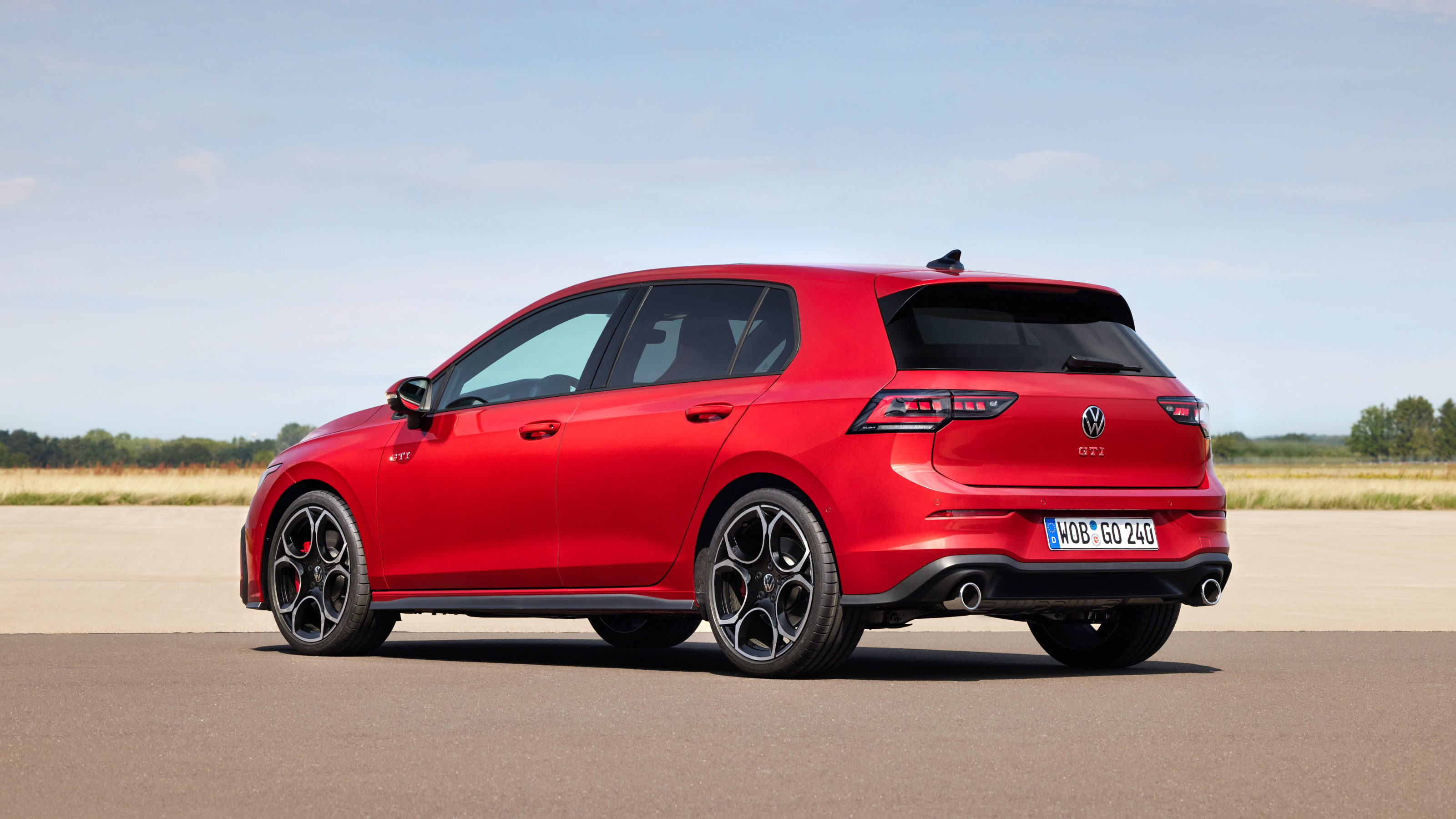
This month (January 2024), Volkswagen announced the most recent upgrade, giving the eighth-generation model a thorough overhaul to take it through the next few years. First introduced in 2019, the Mk8 Golf embodied the idea of a single model covering every conceivable market, from estate car and hybrid through to the cultish GTI.
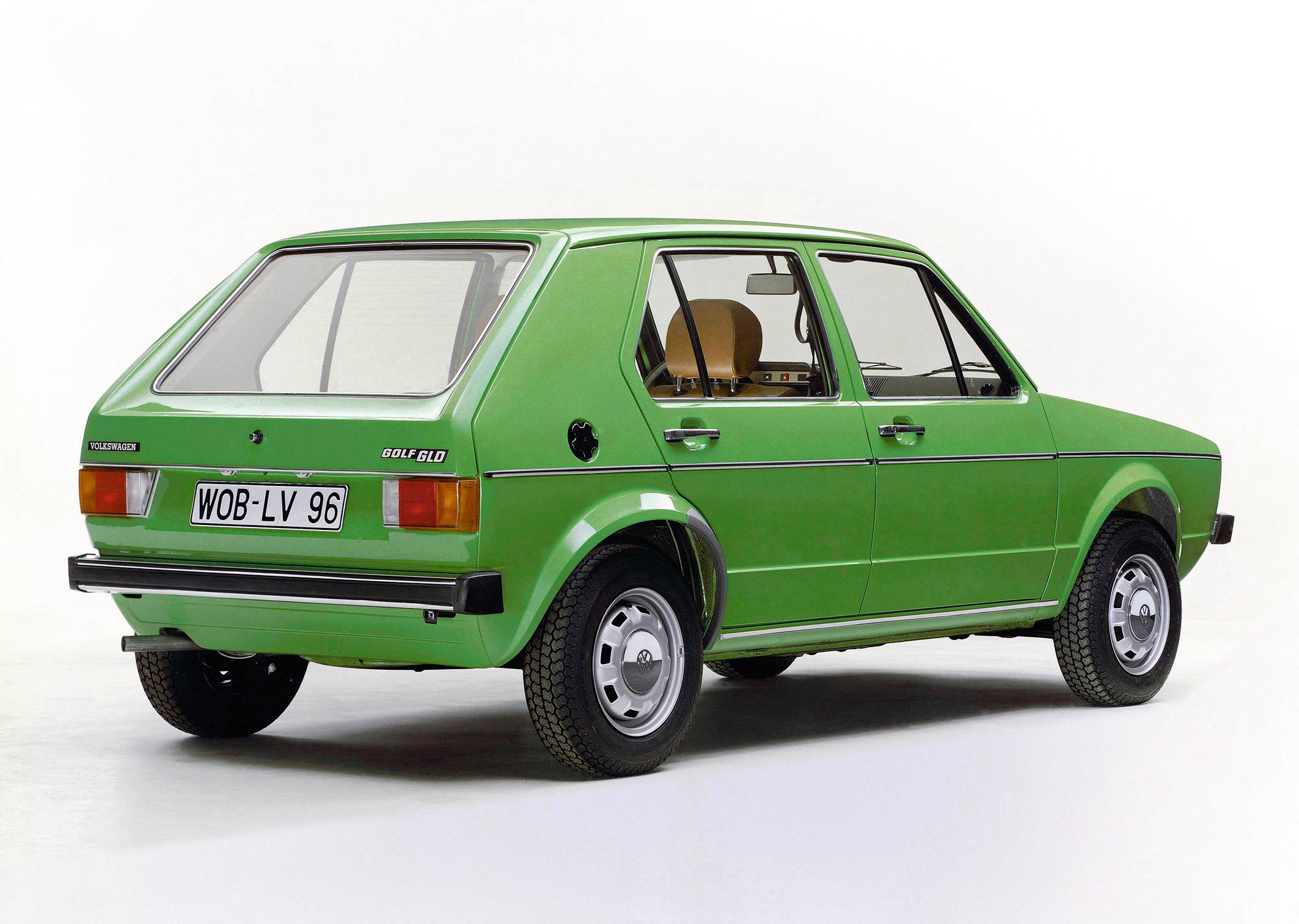
Styled by Giorgetto Giugiaro, the Golf’s fashionably creased bodywork ensured it was diametrically opposed to the friendly curves of the Beetle. As the model wore on, a more rounded form was adopted; only in recent years has a finer line prevailed. As one of the first ever hatchbacks, the Golf set the standard for the class.
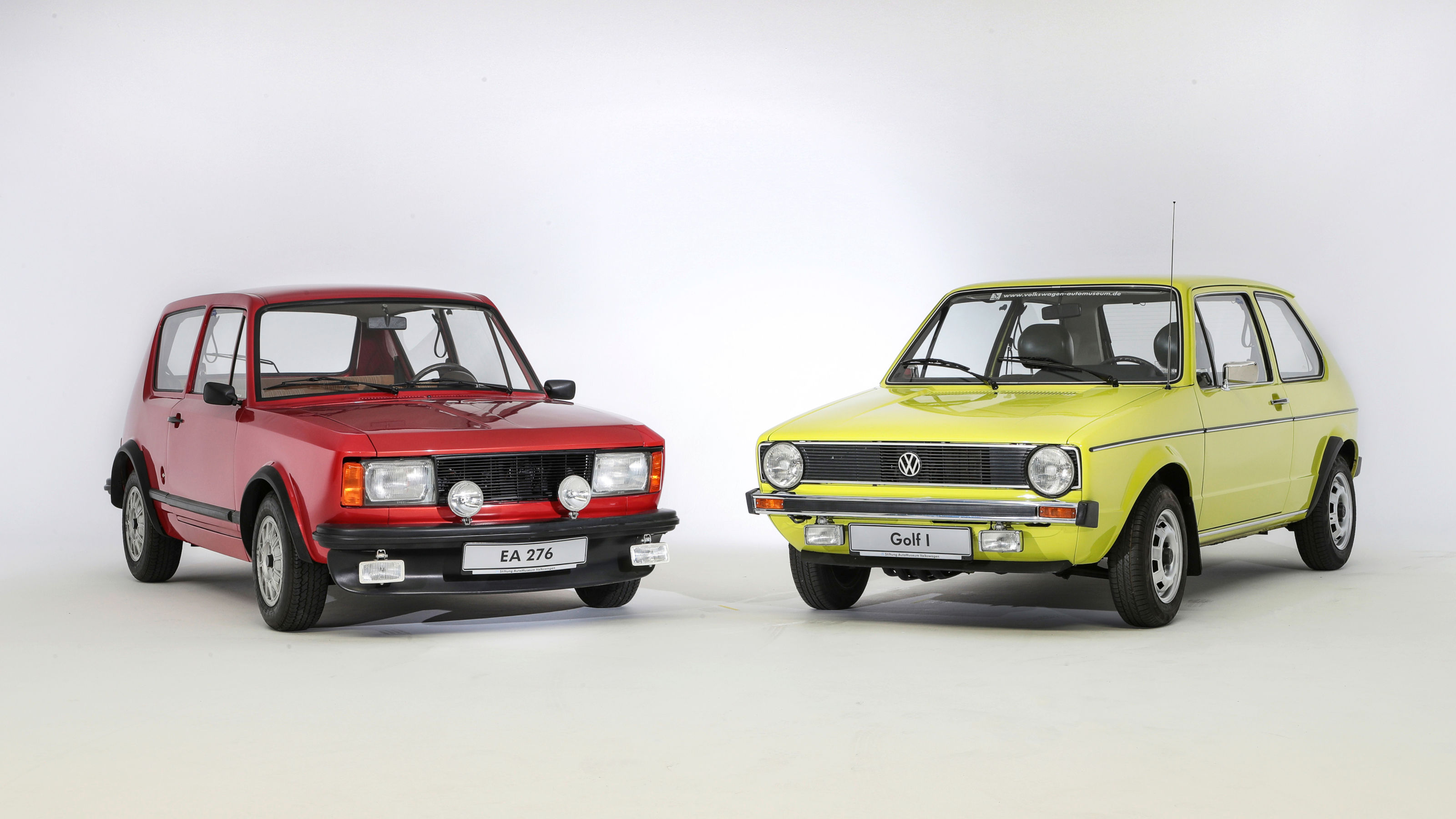
A new GTI is one of the models used to herald the latest update. The very first Golf GTI was introduced in June 1976 and received instant acclaim. With its tartan seats and red and black trim introduced by interior designer Gunhild Liljequist, the GTI wasn’t initially expected to do very well. VW reckoned it could sell around 5,000; in the end, 462,000 Mk1 GTIs were sold.
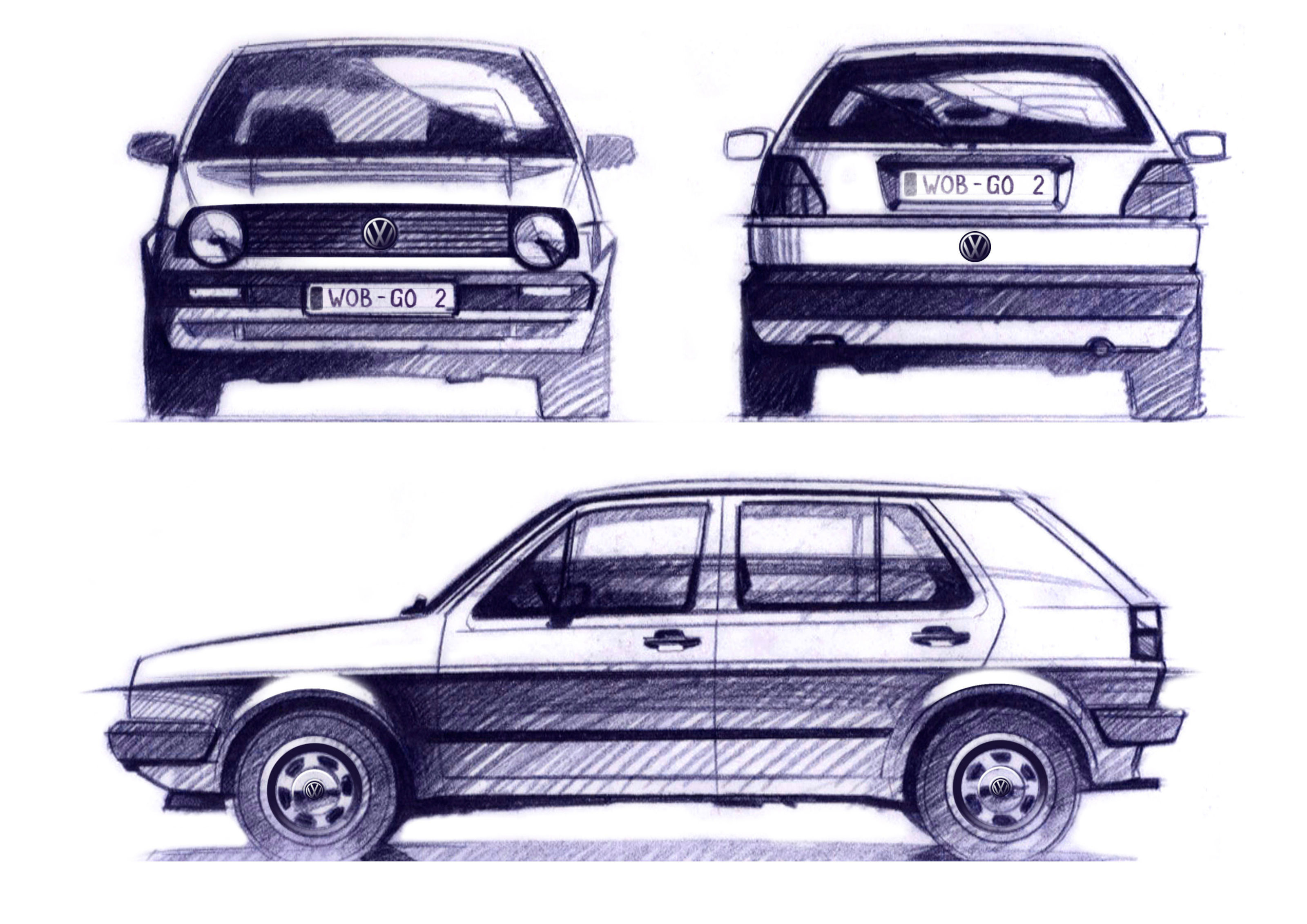
To date, VW has sold over 37 million Golfs in all, with its scale incrementally increasing with each generation (the Mk1 was 3.7m long by 1.6m wide, making it around the same size as the tiny VW Up!; the latest Golf is 4.2m x 1.8m wide).
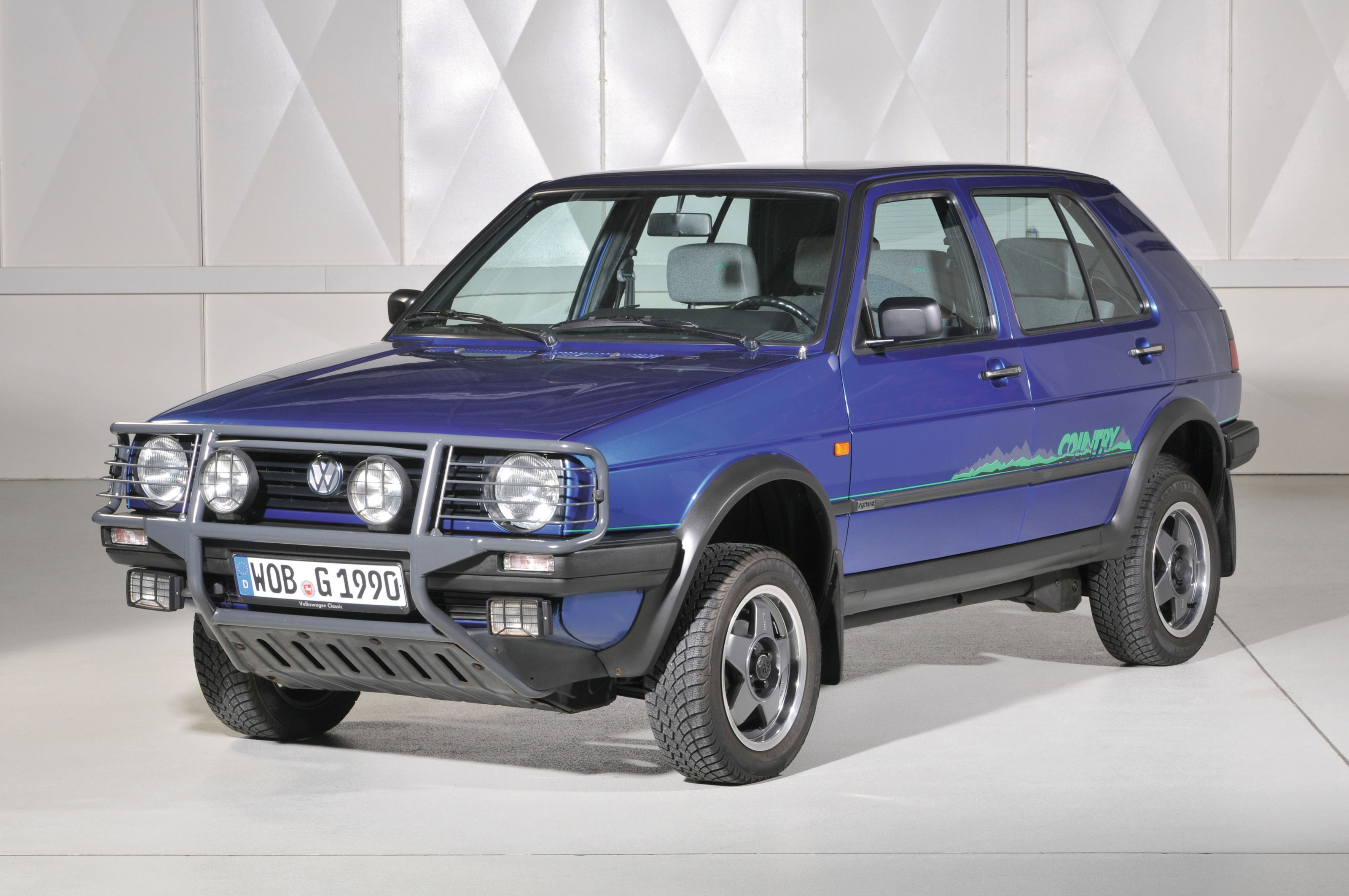
Larger size equates to more refinement and equipment, and even in its lowliest form the newest Golf is very much a premium product. From the late 1980s onwards, VW embarked on an ambitious advertising campaign that sold the Golf as the smart choice of the discerning and well-heeled. The latest version will come in petrol, diesel, hybrid and pure electric versions, as well as the aforementioned GTI and estate versions, and the forthcoming flagship Golf R.
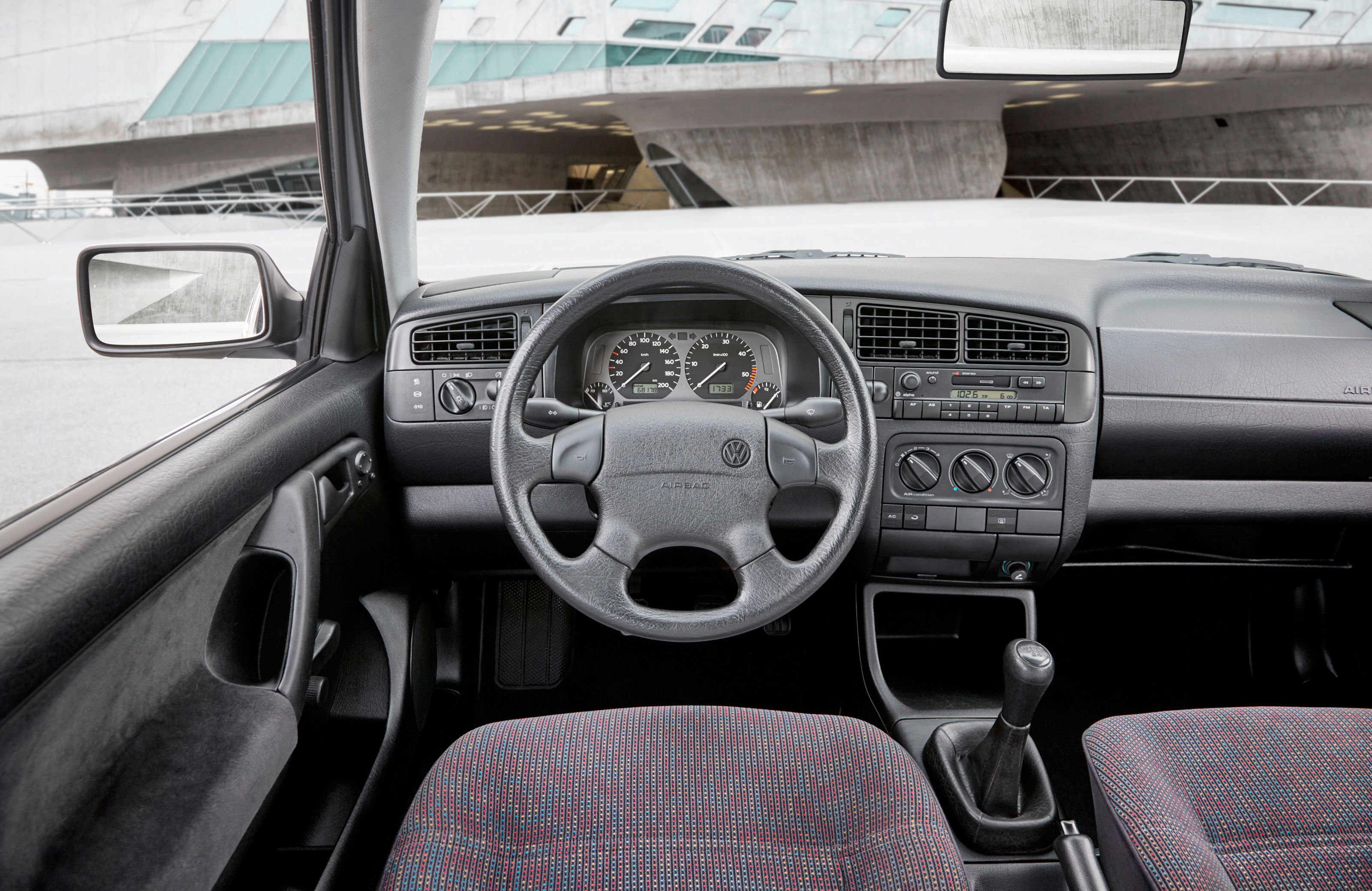
The New Golf’s most substantial updates will come in software form, an area where VW has struggled in recent years with much publicised issues with the interface and tech rolled out with the original ID.3. All this – and more – is set to be sorted, with a return to regular buttons rather than the loathed capacitive touch buttons that came with the Mk8.
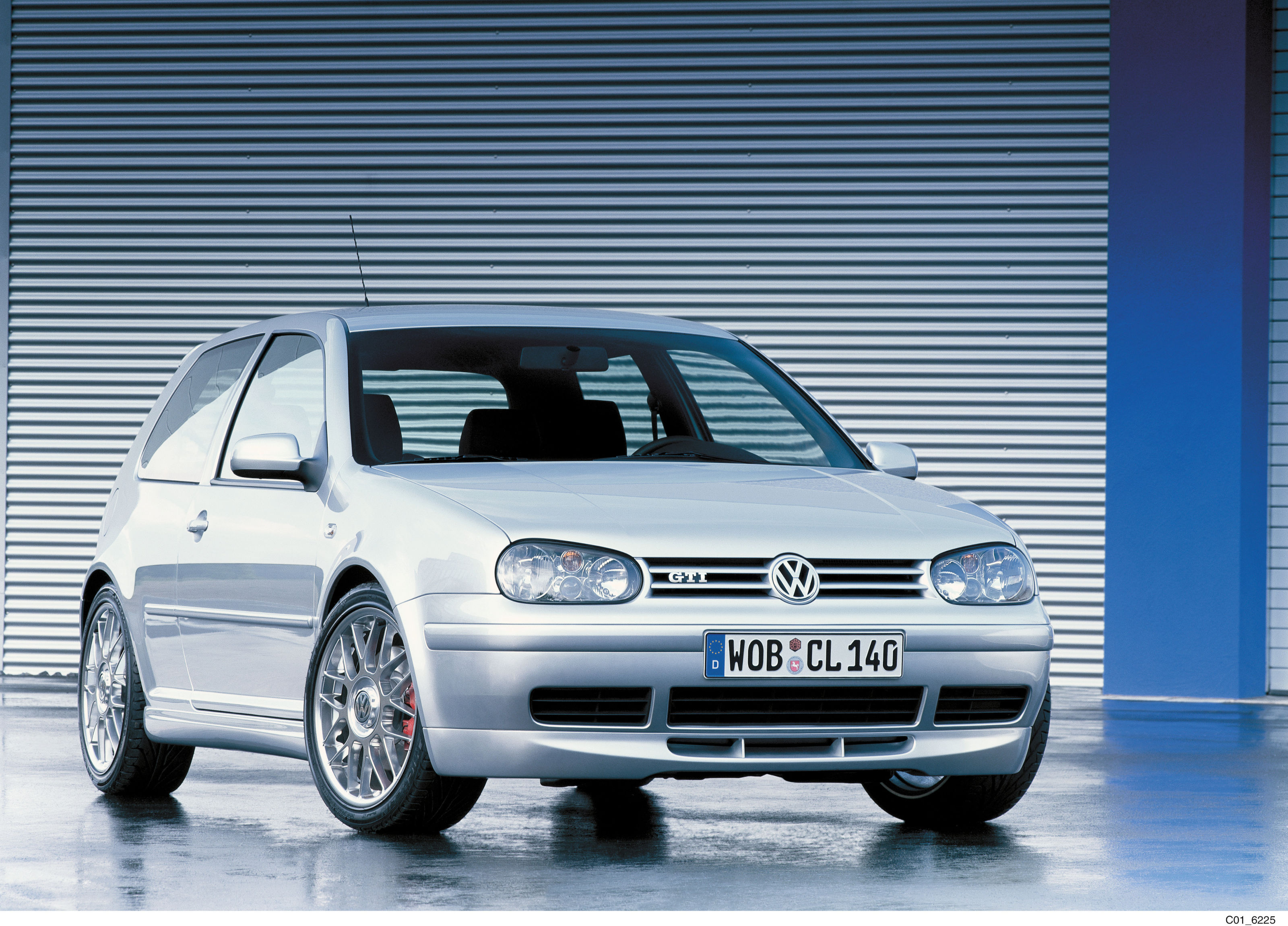
VW has already said that the new model will come bundled with a ChatGPT-enabled voice assistant, and other benefits include a hybrid model capable of travelling over 60 miles on battery alone.
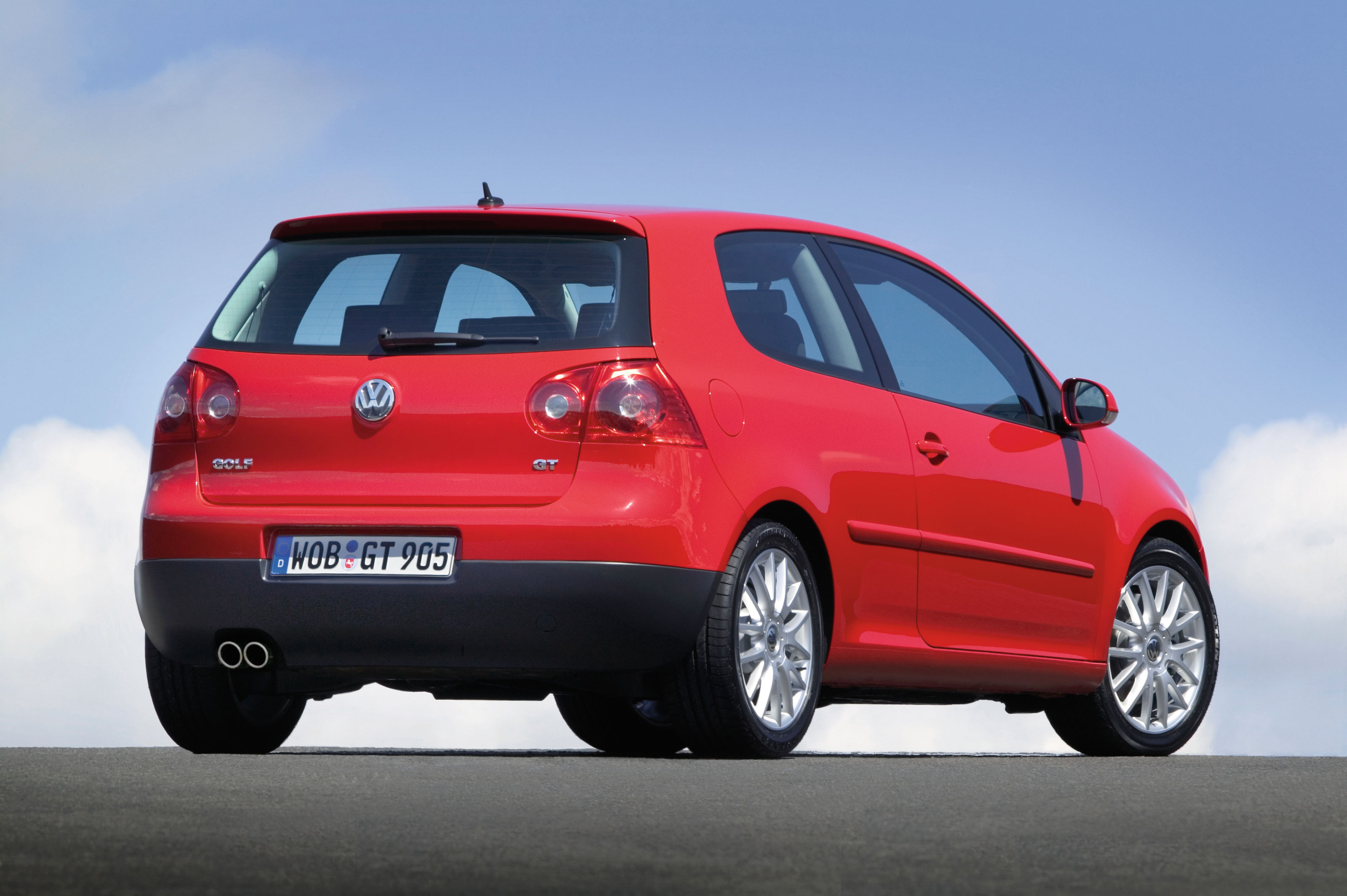
VW’s biggest issue going forwards is self-cannibalisation. The Golf is practically on a parity with the slightly smaller Polo, whilst the ID.3 EV also occupies the same niche. The forthcoming ID.2 EV (which may well be a Polo replacement) adds even more confusion. Throw in the many other VW Group companies that use the Golf platform to build similarly sized and pitched cars, and you have potential confusion. However, the Golf name should have the cachet, heritage and credibility to rise above it all.
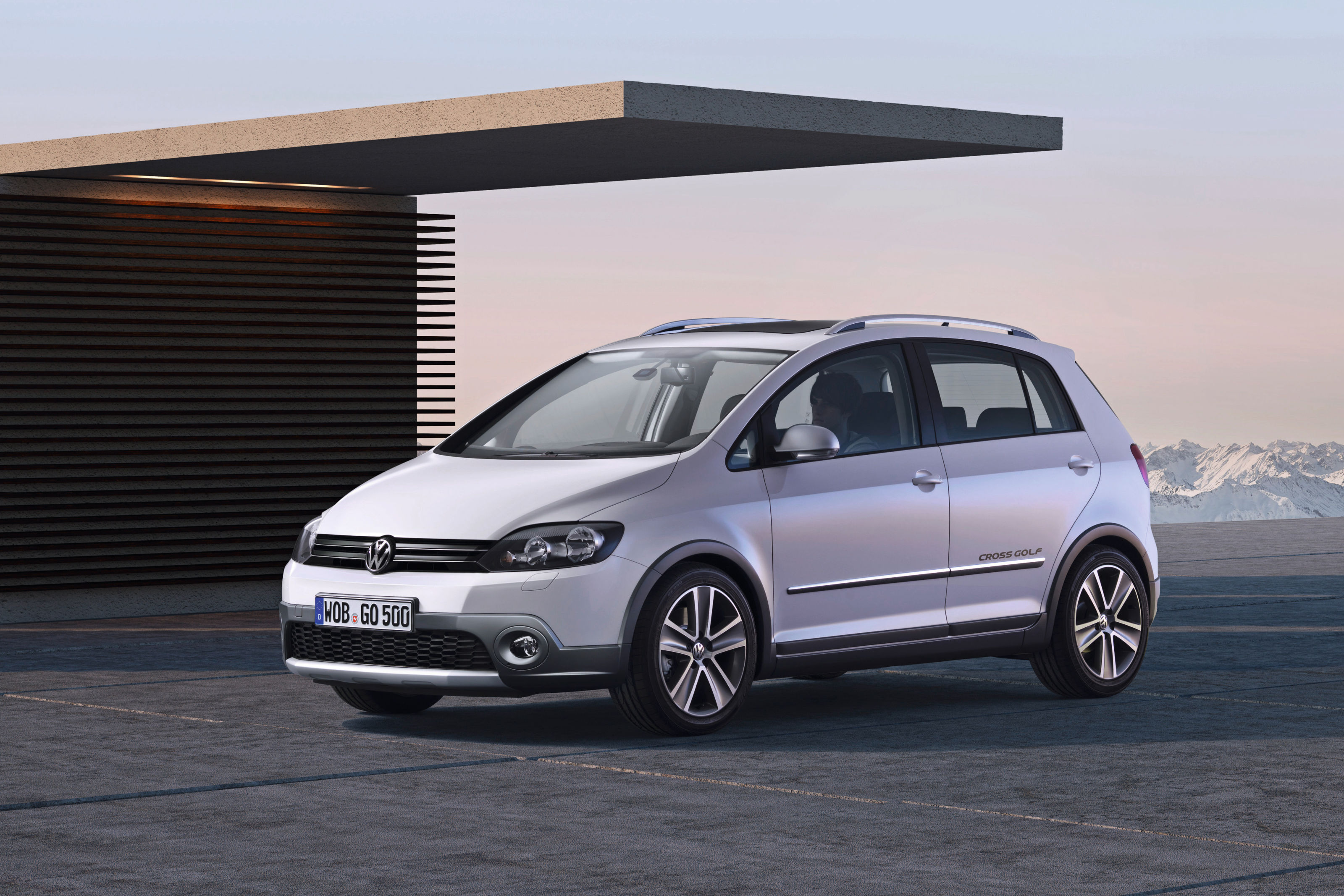
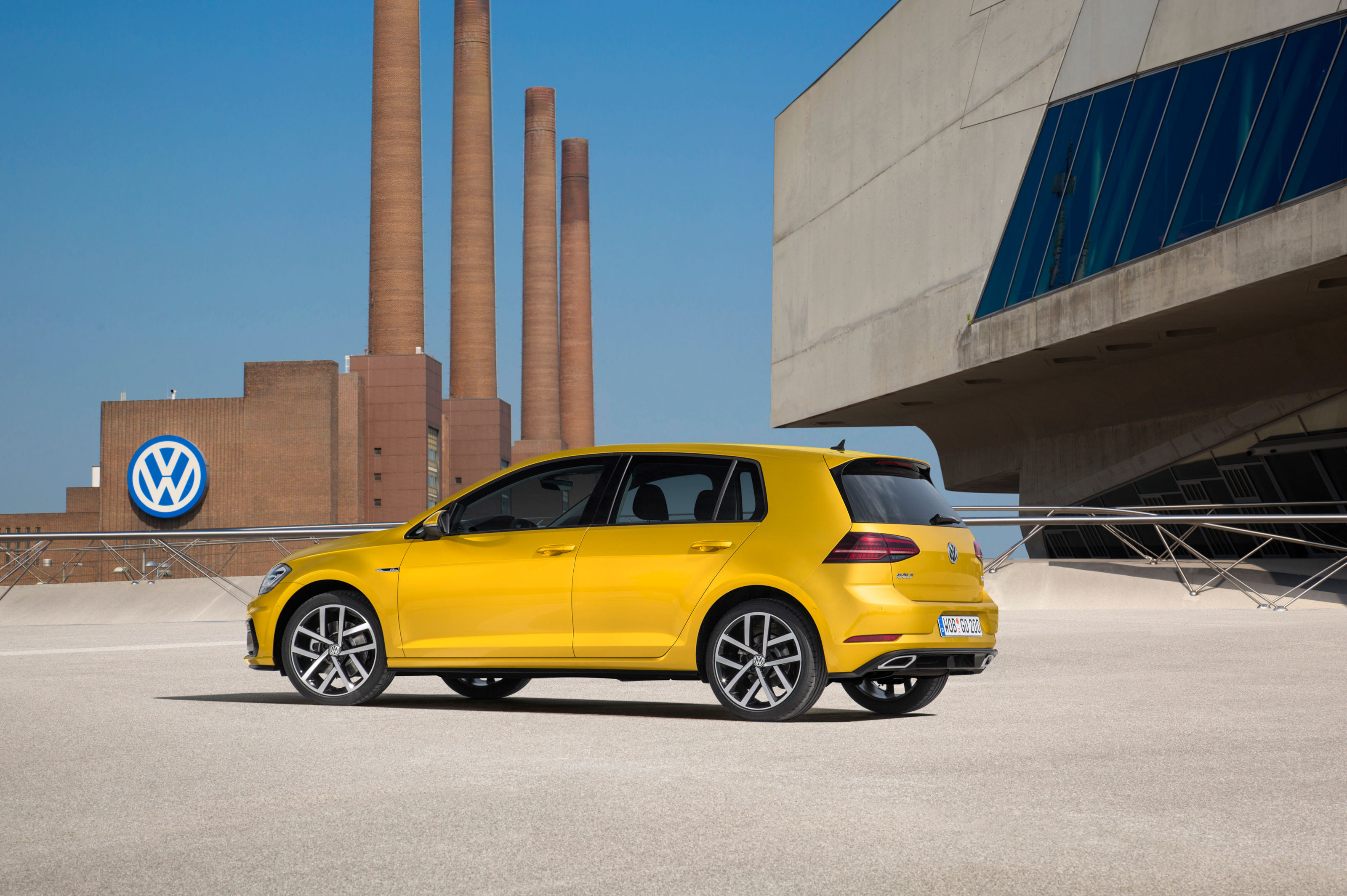
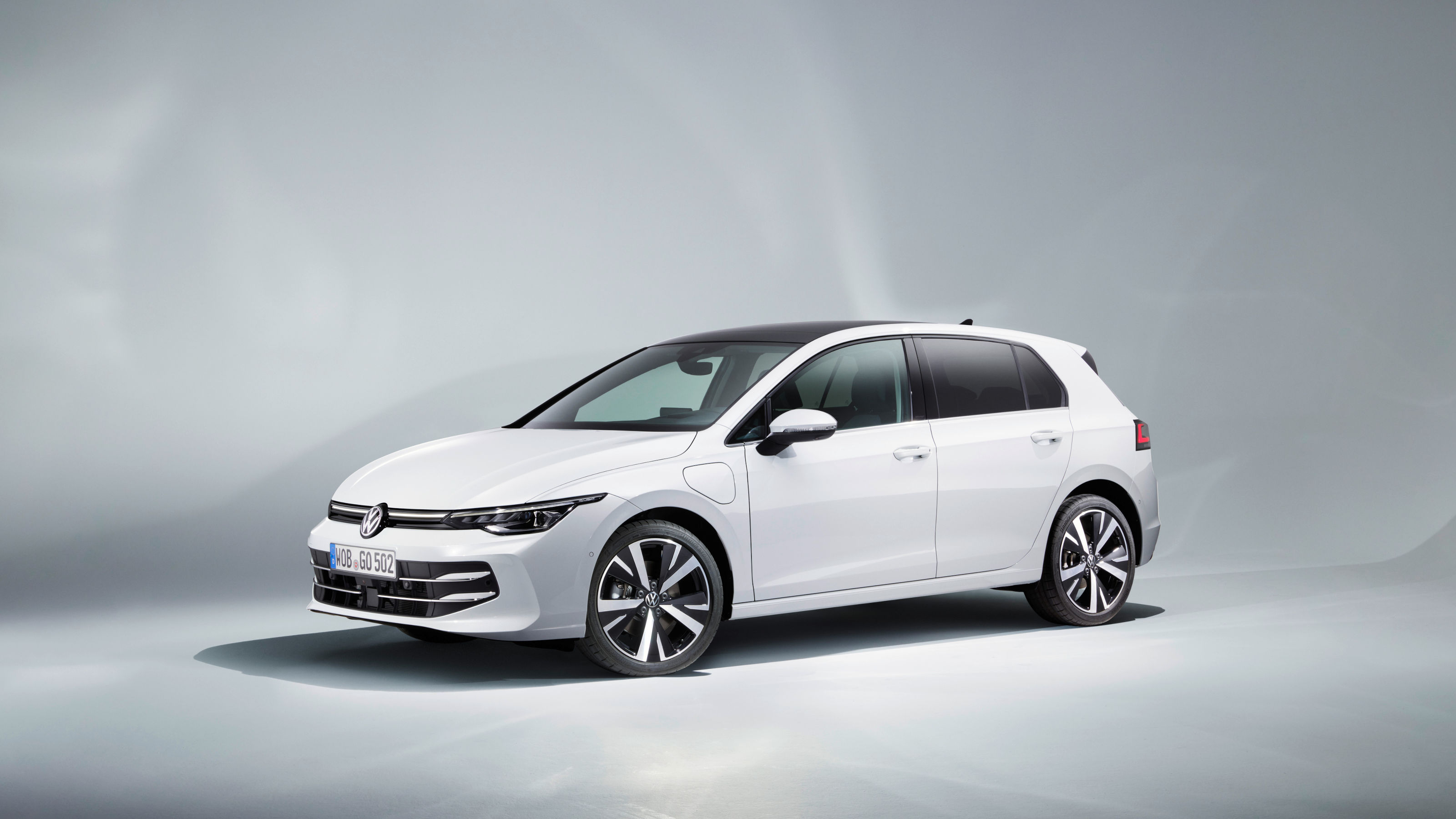
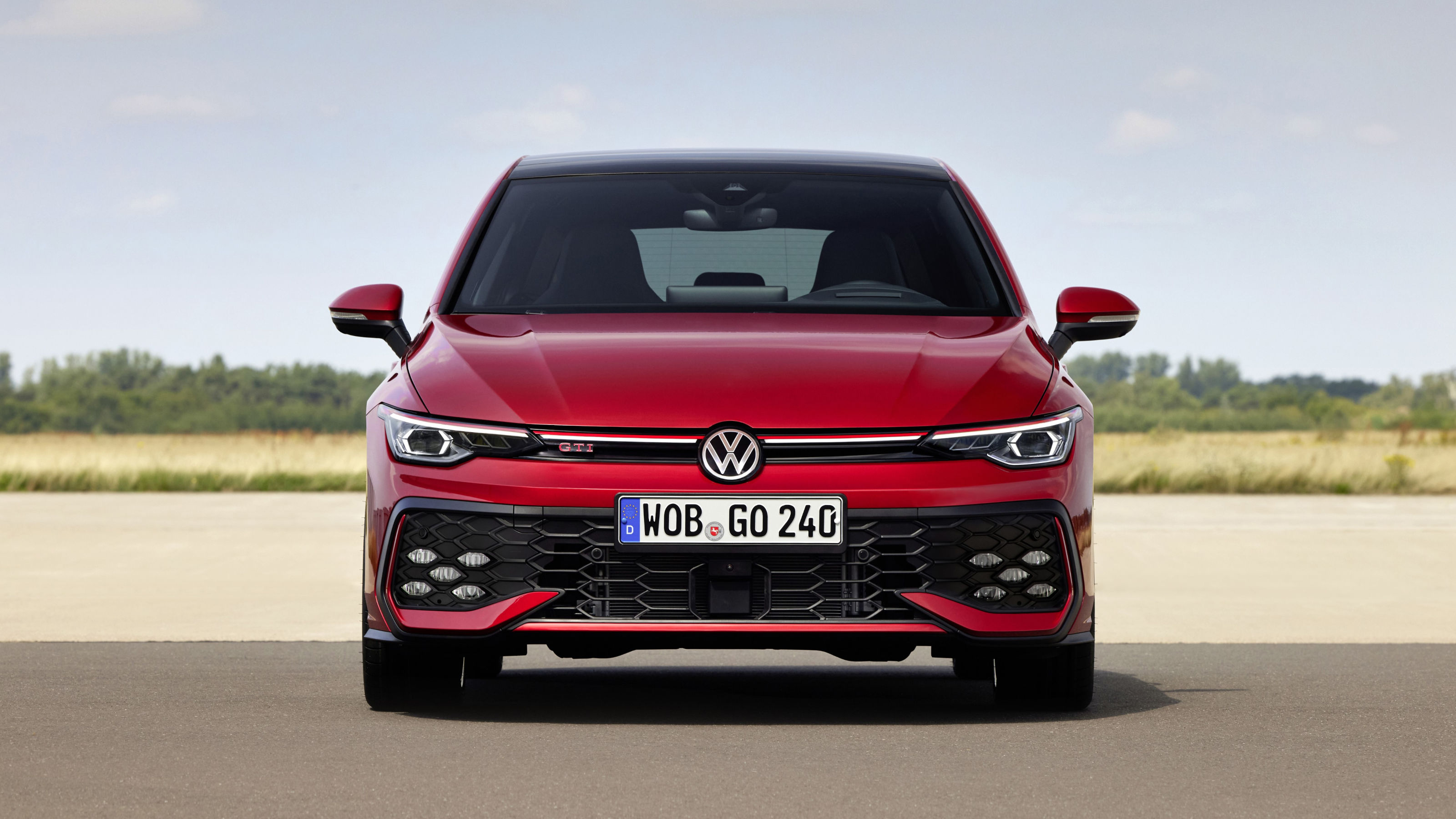
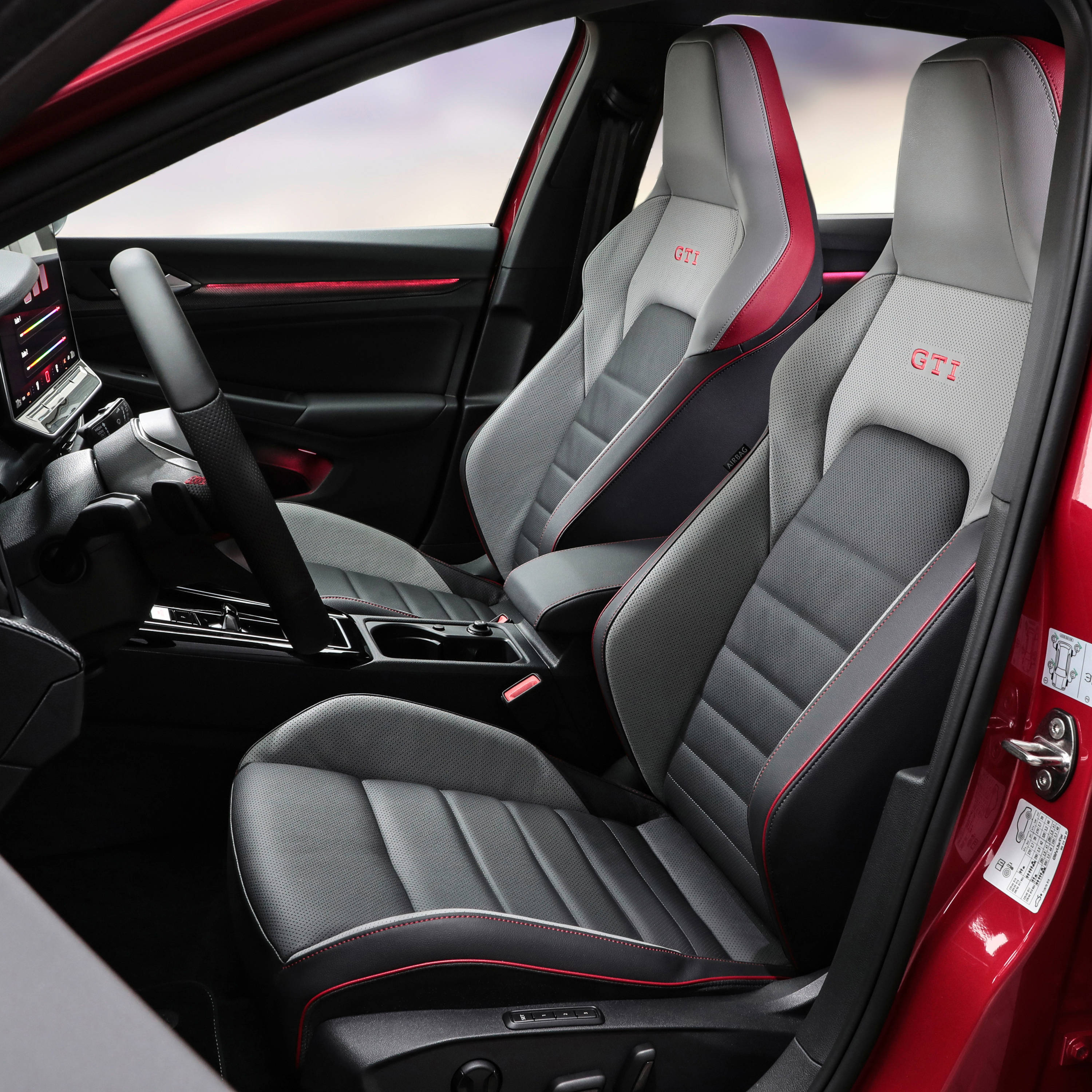
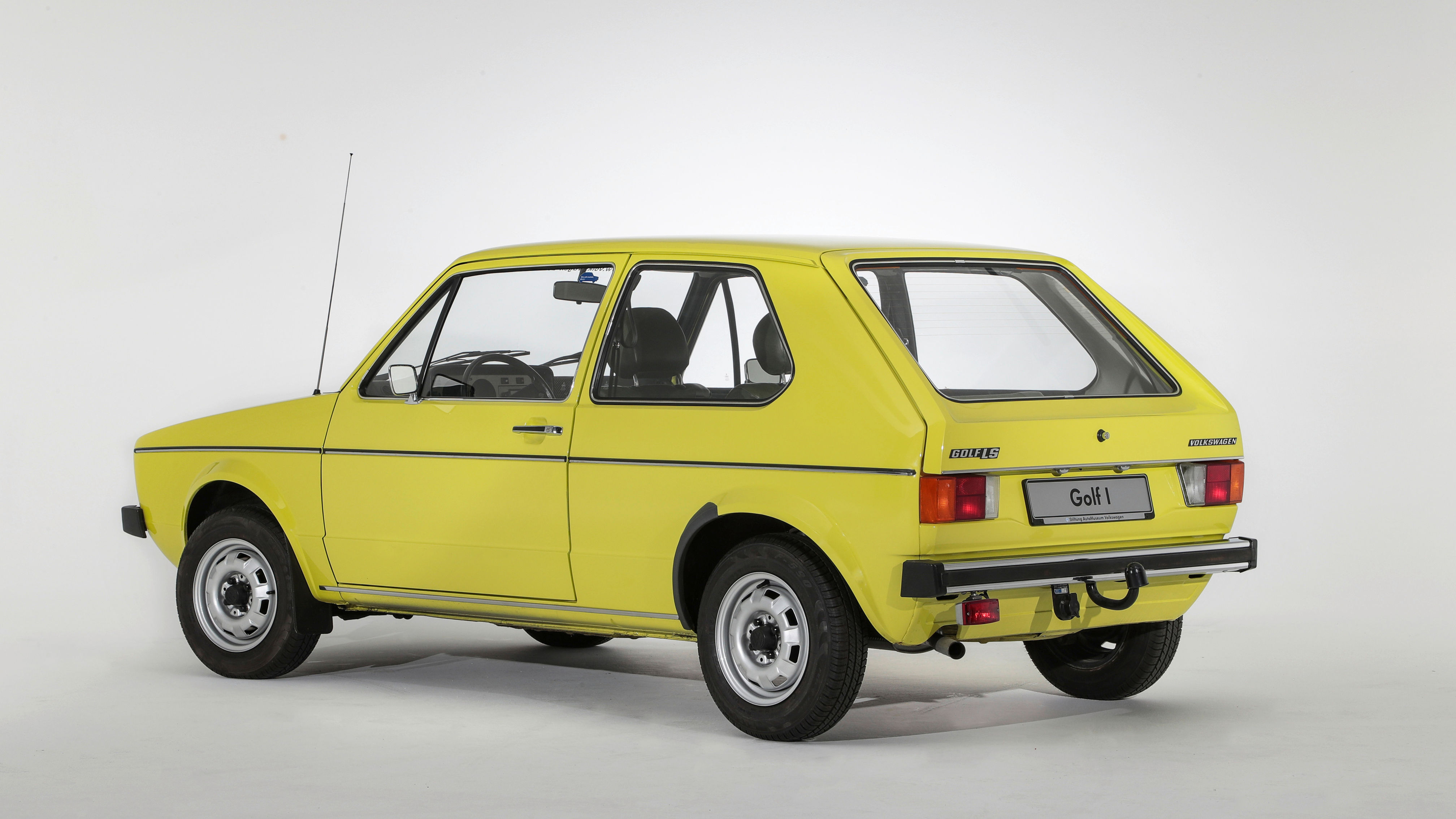
Volkswagen New Golf, deliveries start spring 2024, details and prices at Volkswagen.co.uk







